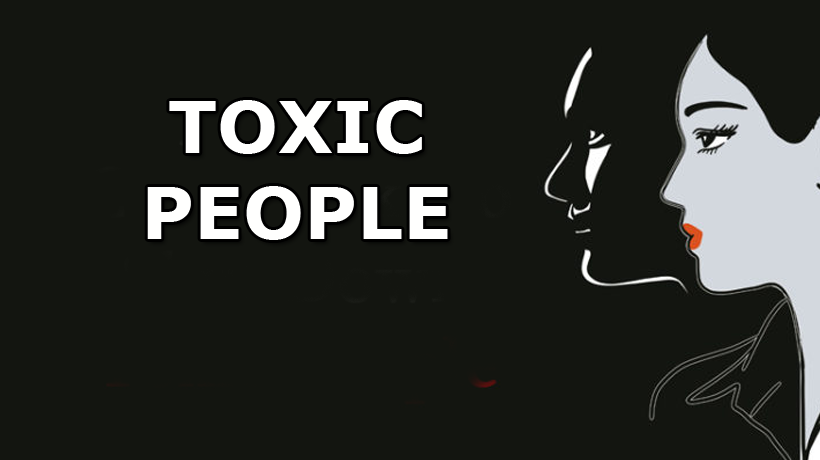Toxicity: How it Affects People
Everywhere and every day, there are toxic people all around us. Try not to let those people drag you down and try not to become one of them too!
October 17, 2020
Toxicity is everywhere around us, and whether it be the internet or the streets, you can never escape it. And yet, some people do not stop this toxic behavior. What are the side effects of toxicity, and how much can it affect us mentally?
First of all, what defines you or other people as toxic? There are probably a bunch of definitions that can define people as toxic, but according to Science of People, there are 7 types of toxic people. The 7 types include: the conversational narcissist, the person who wants to control everything, the emotional moocher, the drama magnet, the jealous-judgemental, the liar, and finally, the tank that destroys everything. However, this article is not about going into detail about different toxic people, but instead, where did all of this increase in toxicity come from and why.
The most likely reason as to why there is an increase in toxicity is due to the frustration of people having to stay home. There has been a 50% increase in cyberbullying since the COVID-19 outbreak (L1ght). There is also a 70% increase in hate speech towards kids and teens in online chats (L1ght). These are outrageous percentages; it makes you wonder how people can do this to other people, but many of us are included in those terrifying bully groups. We can see on many social media platforms that a post can receive so much hate. Yet some of us choose to ignore them, and that in itself is upsetting. A 2014 research done by Pew Research had said that 73% of users have seen others get harassed (Scholars). Without a doubt, every time I open a post on Instagram or Tiktok, I always see people degrading others or being rude. It is an awful sight and many of us are too scared to really stand up or point it out.
According to The New York Times, fake news is described as information, pictures, or videos that can spread easily on platforms like YouTube. It begins with a video being released, and then groups of people would promote a conspiracy or false information that can be hurtful and damaging. Many people, without realizing it, spread the information too. People can spread it by sharing with people close to them, and even if the people who have shared it are pointing out how it is false, it is still inadvertently promoting the content. Any viral news can spread like wildfire, causing people to assume and shut down an innocent person’s pleas or arguments.
How can toxicity or a toxic environment affect a person’s mental health? It can cause anxiety since it makes people self-conscious and wanting to seek perfection in every post due to the fear that someone will leave a hurtful comment. This can cause problems with the person doubting him or herself, which can lead to horrible mental problems like depression or even eating disorders. A toxic environment also can lead to people turning to drugs in order to feel happy (rtor). This type of way to cope can damage a person’s body physically and mentally. Sophie Zhang (11) said, “I think it’s really sad how toxic people use an online database to spread their unneeded opinions. By doing so, they are influencing other people and potentially altering views. Toxic people need to learn to embrace differences and avoid blindly following prejudices.” So how can we stop toxicity?
We can not stop toxicity, but we can reduce it. Try not to say hurtful comments to people, and do not be so quick to hate. Spend some time away from the internet and maybe go out for a walk or some fresh air, but do it safely especially since we are still in a pandemic. Try to let go of the hate that you have for a stranger and relax. Stay safe and be positive Mustangs!



































